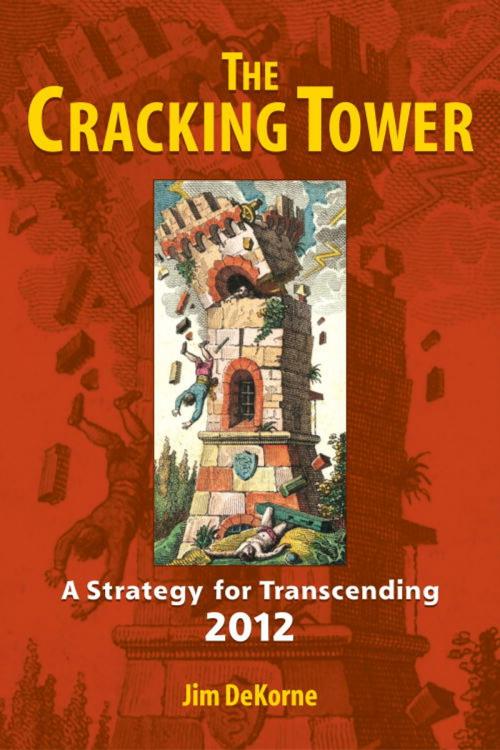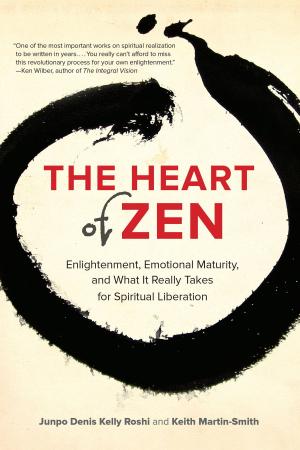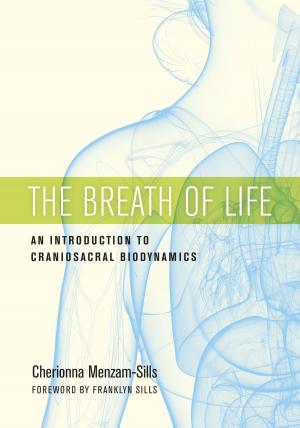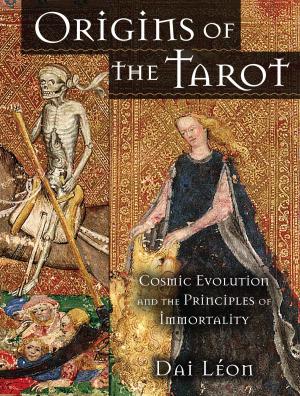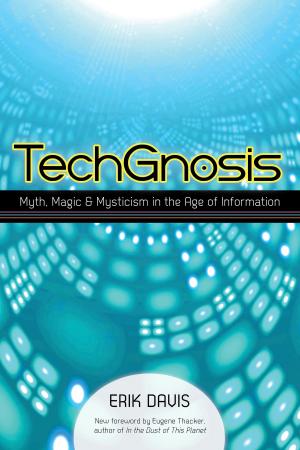The Cracking Tower
A Strategy for Transcending 2012
Nonfiction, Religion & Spirituality, Philosophy, Metaphysics, New Age, Personal Transformation, Mind & Body| Author: | Jim DeKorne | ISBN: | 9781556439445 |
| Publisher: | North Atlantic Books | Publication: | May 18, 2010 |
| Imprint: | North Atlantic Books | Language: | English |
| Author: | Jim DeKorne |
| ISBN: | 9781556439445 |
| Publisher: | North Atlantic Books |
| Publication: | May 18, 2010 |
| Imprint: | North Atlantic Books |
| Language: | English |
End-of-the-world paranoia has been with us since time immemorial. Now, with the end of the legendary Mayan “long count” calendar looming on December 21, 2012 and recent threats of a worldwide economic collapse triggering widespread apprehension and a search for answers, The Cracking Tower offers an arsenal of strategies to turn these fears into an opportunity for spiritual and personal growth.
Beginning with a lively memoir of the author’s experiences in the ’60s, the book goes on to explore apocalyptic thinking through perennial philosophy, shamanism, gnostic mysticism, the body as a vessel of consciousness (and death as “an extended out-of-body experience”), and psychedelics. Shaping the discussion is the fascinating metaphor of the cracking tower, an apparatus for distilling gasoline, as a vehicle for distilling our awareness. Rather than speculating on what might occur in 2012, DeKorne proposes vigilance of a more introspective sort. “The important thing,” he says, “is to ignore the finger and strive to comprehend the moon,” to see what our apocalyptic tendencies reveal about ourselves.
End-of-the-world paranoia has been with us since time immemorial. Now, with the end of the legendary Mayan “long count” calendar looming on December 21, 2012 and recent threats of a worldwide economic collapse triggering widespread apprehension and a search for answers, The Cracking Tower offers an arsenal of strategies to turn these fears into an opportunity for spiritual and personal growth.
Beginning with a lively memoir of the author’s experiences in the ’60s, the book goes on to explore apocalyptic thinking through perennial philosophy, shamanism, gnostic mysticism, the body as a vessel of consciousness (and death as “an extended out-of-body experience”), and psychedelics. Shaping the discussion is the fascinating metaphor of the cracking tower, an apparatus for distilling gasoline, as a vehicle for distilling our awareness. Rather than speculating on what might occur in 2012, DeKorne proposes vigilance of a more introspective sort. “The important thing,” he says, “is to ignore the finger and strive to comprehend the moon,” to see what our apocalyptic tendencies reveal about ourselves.
